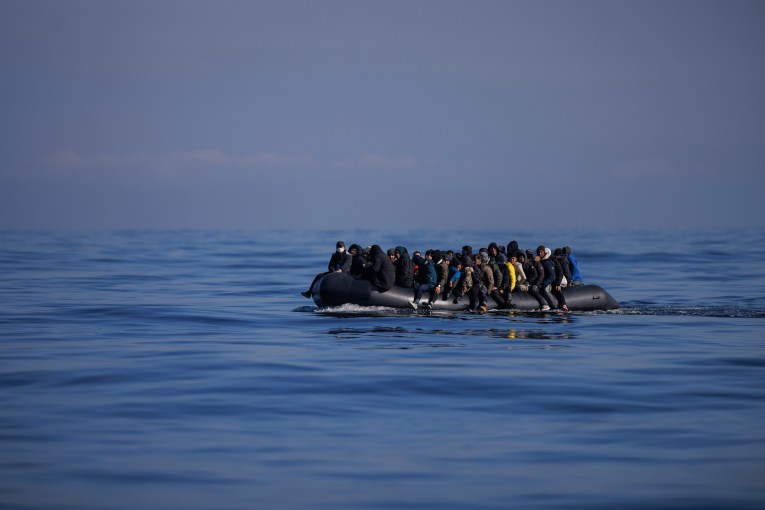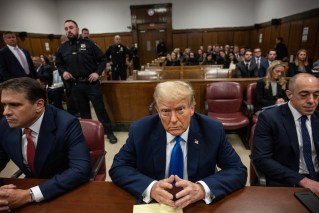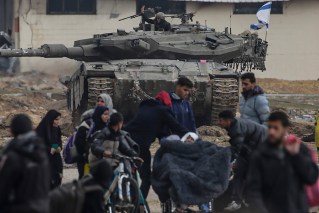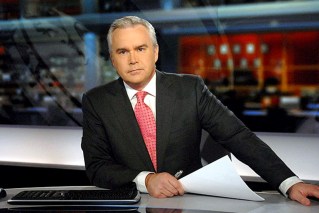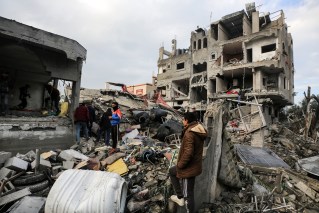How the Paris shootings have divided Europe

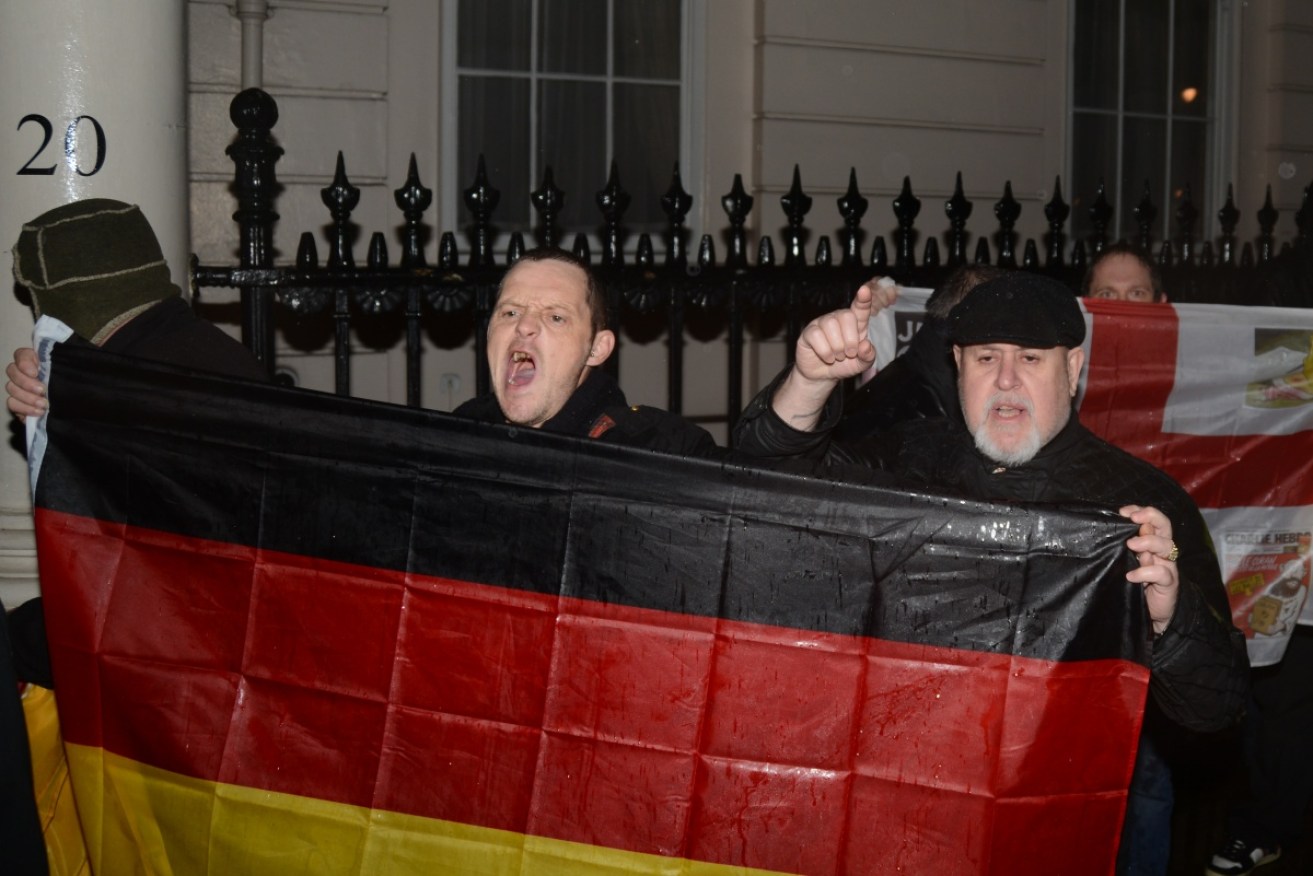
Government powers and freedom of speech will be two challenges faced by European leaders following the deadly terror attacks in France last week, a foreign correspondent says.
Dubbed the worst Islamist attack on European soil in nearly a decade, 17 people were shot dead in and around Paris, including staff at satirical magazine Charlie Hebdo, police officers and four customers at a kosher supermarket.
• French attacker on US watch list
• France deploys 10,000 troops to boost security
• Counter-demonstration dwarfs anti-Islam march
The brutal attack has created a social divide across Europe as people try to find answers to how and why it happened.
On Sunday, world leaders and hundreds of thousands of French citizens gathered in Paris ahead of a march to show solidarity and protest against three days of terror in and around the city.

An estimated three million people marched on Paris.
Then followed uncertainty and divide as anti-Islamic rallies and counter-demonstators took to the streets on Tuesday in Germany and London.
ABC Europe correspondent Barbara Miller told The New Daily that European leaders had a long road ahead of them in moving forward from the event.
Ms Miller said the question now is whether governments should have more power and greater access to freedom of information.
She said British PM David Cameron addressed the potential revival of the ‘snooper’s charter’ on Tuesday.
“British intelligence agencies must have powers, if necessary, to intercept all internet traffic in the wake of the Paris terrorist attacks…the first duty is to keep people safe,” Mr Cameron said.
The Paris shootings was widely perceived as an assault on freedom of expression in a country known for “liberty, equality, fraternity”, experts say.

World leaders, including Angela Merkel, walk arm-in-arm at the start of the march. Photo: Getty
Ms Miller questioned why German Chancellor Angela Merkel criticised other rallies and marches taking place.
“It was interesting to see in Germany that people attending the anti-Islamic rally were discouraged by Merkel,” she said.
“Those people are becoming agitated.
“The question is raised, why does Merkel say freedom of speech is fine, but doesn’t agree with the anti-Islamic march?
“I’m really going out on a limb here, but many leaders support a cartoon thought by many as offensive, because that’s the right of society with freedom of speech. So why is that okay?
“This (attack) has really raised some questions, and now comes the hard work for the Eurpoean leaders.”
Last Wednesday, two gunmen – Cherif and Said Kouachi – attacked the office of Charlie Hebdo satirical magazine in Paris, killing 12 people, including the magazine’s top editor, prominent cartoonists, and two policemen.
On Thursday, a policewoman was gunned down in the French capital by Amedy Coulibaly.
The man took hostages in a kosher store in north-east Paris, killing four people on January 9.

Cherif Kouachi (L) and his brother Said Kouachi. Photo: Supplied
The Kouachi brothers and Coulibaly were neutralised in two separate operations by the French police on Friday.
Authorities are still hunting for possible accomplices of the trio who carried out the three-day killing spree.
The Paris shootings may have long-term implications for a society already witness to a rise in xenophobic and anti-Islam sentiment.
All eyes are on President François Hollande who, halfway into his mandate and with the polls rating him as the least popular French president in modern history, has recently seen his approval numbers rise slightly.
France is engaged in a new military operation in the Sahel region of north Africa in an effort to stop the emergence of jihadist groups.
About 3,000 soldiers are deployed in a vast area from Mauritania to Niger and Chad, following an earlier French intervention in Mali in 2013 to counter an Islamist insurgency.
That Mali intervention was such a priority for Hollande that he declared a visit to the capital, Bamako, “the most important day” of his political life.
How Europe has responded to the terror attack
FRANCE

“I am Charlie.” Photo: Getty
An estimated 3.7 million people have taken part in unity rallies in France – including more than 1.5 million in Paris.
More than 40 world leaders joined the start of the march, walking arm-in-arm to show their support of freedom of speech.
Meanwhile, the French government says it will deploy an unprecedented 10,000 extra soldiers to boost security in response to the deadly attacks that rocked the country last week.
On Monday, the government held a crisis meeting with cabinet ministers and police on national security, announcing about 5,000 police would be sent to protect “sensitive” sites and Jewish schools around the country.
Troops will be sent as reinforcements during the next two days.
GERMANY
A record 25,000 people joined an anti-Islamic march in Germany, claiming their stance is vindicated by last week’s Paris jihadist attacks.
However, the turnout was dwarfed by 100,000 counter-demonstrators calling for tolerance.
Chancellor Angela Merkel earlier stressed that “Islam belongs to Germany” and announced she would on Tuesday join a Muslim community rally in Berlin against extremism, along with most of her cabinet ministers.
Political leaders urged Patriotic Europeans Against the Islamisation of the Occident, or PEGIDA, to call off their latest rally, saying it had no right to whip up hatred against Muslims in the name of solidarity with terror victims.
“It is simply disgusting how the people behind these protests are trying to exploit the despicable crimes in Paris,” Justice Minister Heiko Maas says.
Undeterred, supporters of PEGIDA gathered for their 12th rally since October in their birthplace of Dresden in former communist east Germany.
The marchers on Monday waved the German flag and held placards that read “Fight Islamisation, stop the flood of foreigners now” and “Stop multiculturalism. My homeland will stay German”.
Brandenburg Gate now: to east, anti-Islam demonstrators under intense police watch; on west, larger counter-protest pic.twitter.com/8ghQcGqjgE
— Anton Troianovski (@AntonWSJ) January 12, 2015
Thousands of counter-demonstrators in Cologne prevented the few hundred anti-Islam demonstrators from marching tonight. Bravo. #Pegida — Laura Schneider (@alauraschneider) January 5, 2015
LONDON
On Monday London responded by holding their own anti-facisim protest in response to the PEGIDA movement in Germany.
Protesters condemn fascism, racism and Islamophobia and say the protest was held in support of demonstrations in Germany against the right-wing PEGIDA movement, that opponents say scapegoats Muslims and immigrants for Germany’s social problems.
Solidarity with German Anti-fascists protest tomorrow 6pm at the German Embassy in London pic.twitter.com/5JKp9RSnbA
— Left Unity (@LeftUnityUK) January 11, 2015
OSLO, SWITZERLAND AND AUSTRIA
PEGIDA, meanwhile, spawned its first spin-off abroad on Monday, when 200 people rallied against Islam in Oslo.
Activists have also announced plans for PEGIDA-style protests in Switzerland and Austria, while other European far-right groups have voiced support for the movement.
– with AAP
